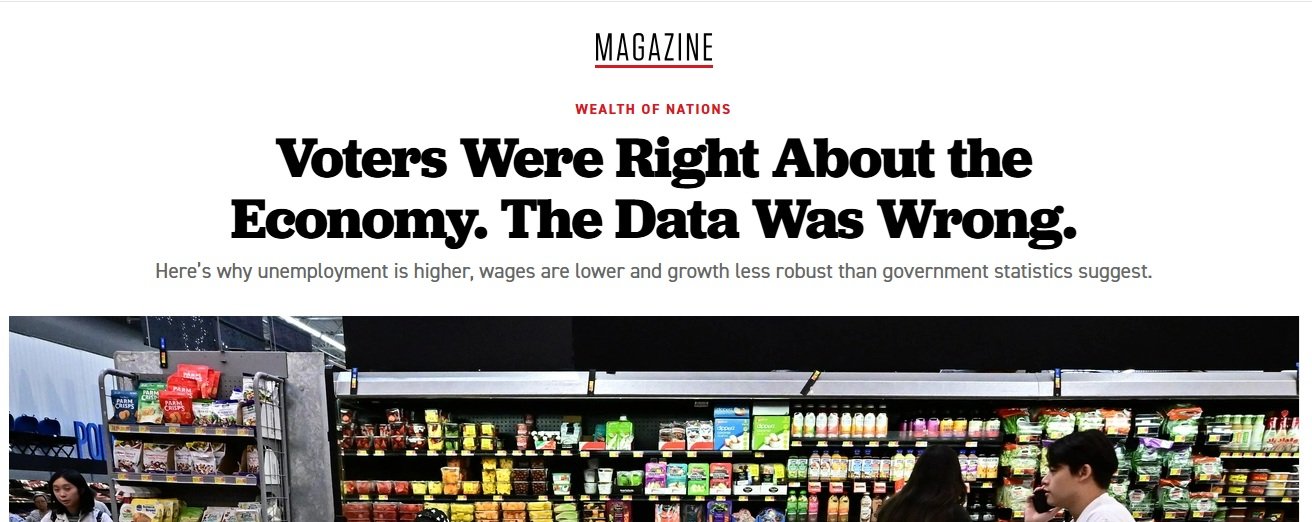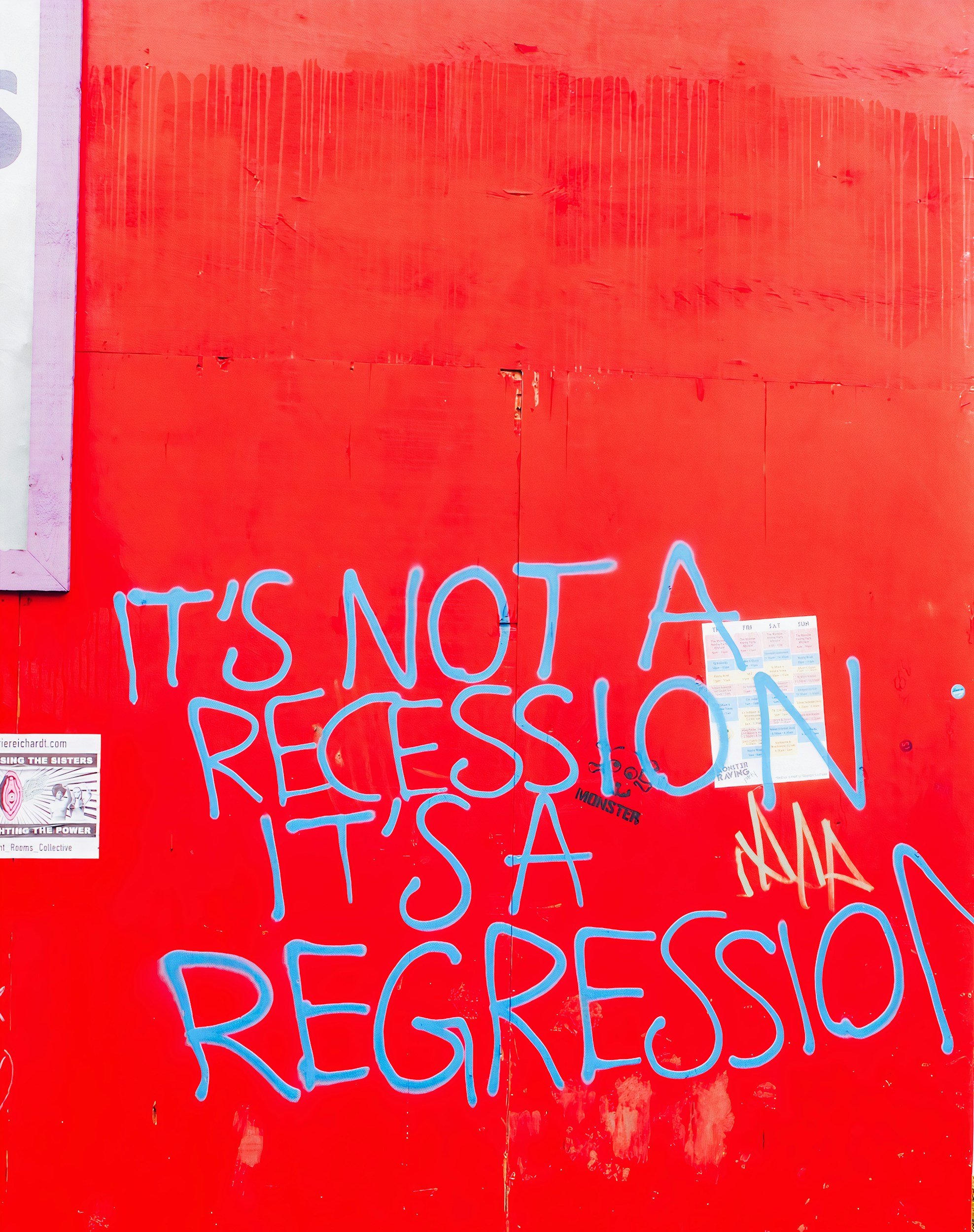
MELTDOWNS AND LIQUIDATIONS
Summary: Meltdowns coming in from everywhere. Strong indications of liquidations, including those tied to Japan’s carry trade. Stocks served margin calls and risky credit getting pummeled therefore collateral calls. Yields falling sharply, as are forward rates in spite of Chair Powell’s latest attempt to portray calm and even the same inflation bias. And the “experts” have the dollar all wrong. Again.

FORGOTTEN GASOLINE
Summary: The ‘growth scare’ has come roaring back to the mainstream forefront. That only means the data is catching back up with gasoline. Wholesale gas prices have been the one straight constant over the past six to eight month. Whereas interest rates and stock prices, other financial indications have been back and forth, the fact RBOB has gone nowhere was the most profound signal out of quite a lot of that noise. This is hardly new, as energy warnings more broadly have repeatedly been dismissed at everyone’s peril.

KERNEL BILL
Summary: It didn’t take long for the FOMC’s QT adjustment to create an academic stir. And stir it did, stirring up an old argument still-popular on that side. One reason it remains out there is that it contains a kernel of very important truth. It is backed up by ongoing struggles by central banks and even stocks. One corner of the equity market, most of all. It all comes down to falling yields, both at the long end of the curve as well as right up front. Bills doing things and people are noticing.

NO ONE WINS THIS RACE
Summary: We weren’t supposed to see ultra-low interest rates again. The way it was told, they were a product of a bygone era left behind after the skillful handling of the pandemic. Not enough people appreciate just how close much of the world already is to historically low market and policy rates ALREADY. Even previously reluctant central bankers are heading fast in that direction. Next week, Switzerland is going to be debating a return to a zero interest rate. NEXT WEEK. Of the rest of the major central banks, they aren’t all that far behind and most of them are fast heading in that direction.

ANOTHER MEASURE OF ALTITUDE
Summary: GDPNow abruptly turned deeply negative at the end of last month. It was blamed on Swiss gold. While that part explains the depth of the negative, it doesn’t account for the full loss of GDP altitude. If anything, that loss is showing up in a wide variety of recession calls (rising probabilities) and downgraded growth expectations. Those downgrades seem relatively tame, from historical perspective if they hold true we will have experienced a full, traditional recession. There is no ambiguity in the data. Instead, this the GDP version of the Beveridge Curve - stall speed.



THE KING SPEECH
Summary: The past is prologue? There are a lot of similarities between now and 2024. In light of what Korea and Japan just reported, it’s worth going back to revisit six years ago, featuring one of the few honest (former) official reflections from that period. A reflection whose sentiment (pun very much intended) still stands to this day. In fact, that’s what all the incoming data keeps showing. Even before the latest “trade wars”, we’re seeing the same results from the last one.

SIDEWAYS TO THE 2s
Summary: A global deluge of GDP reports. Not surprisingly, they showed a lot more sideways and not just across Europe. Starting with the Europeans, though, GDP misses and more than a few minuses show that nothing has changed either in the economy or most officials’ interpretations of it. More importantly, it isn’t solely Europe where we see sideways. Most of all, this is right where the 2s had had the world going after central bankers won the bank crisis battle then unknowingly lost the money and macro war.

THEY’RE ALL HEDGING NOW
Summary: A busy day in Oceana. RBA cut rates for the first time since 2020, making the last of the rate cutting cycles to kick off - or, the tail end of the rate cut cycle, singular. Globally synchronized is apparent in what RBA did as much as next door in New Zealand where far clearer yet similar degradation convinced the central bank there to cut by another fifty. There is as much political pressure in all places driving the sudden hedging on rates from central bankers everywhere - including, now, Australia.

MR. BULLARD WOULD LIKE A CURVE WORD
Summary: More volatility in markets, including stocks. Bond yields were down sharply, before turned around on tariff news. Target added to the negatives with several warnings, the first of which further verified the growing “growth scare.” With market interest rates already down sharply, attention turns to the short end. Forward rate markets are beginning to creep toward a sooner Fed rate cut trigger, with one key contract crossing its threshold. The history of the Fed with the yield curve sets out the dynamic, one that has been kept from the public.



QUITE CERTAIN ABOUT THIS UNCERTAINTY
Summary: Practically everyone keeps blaming “uncertainty” for all the “unexpected” results showing up in more and more places. The thing is, the data is getting more certain not less. February’s labor data was conclusive across all the key aspects. Even the Establishment Survey contributed to settling the short run question in the economy, and then added much to the more important interpretation of the jobs market’s overall condition. There is no wiggle room here any longer.






